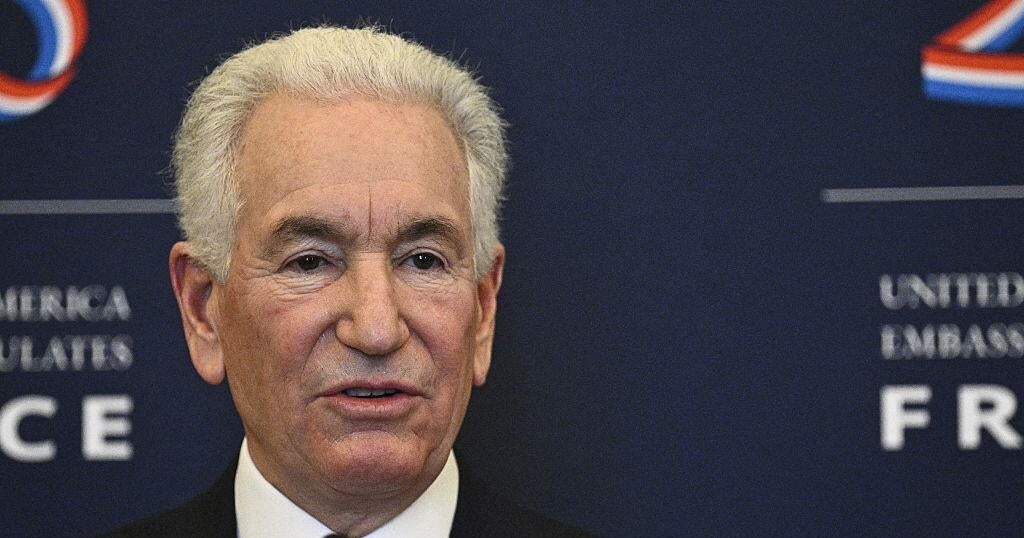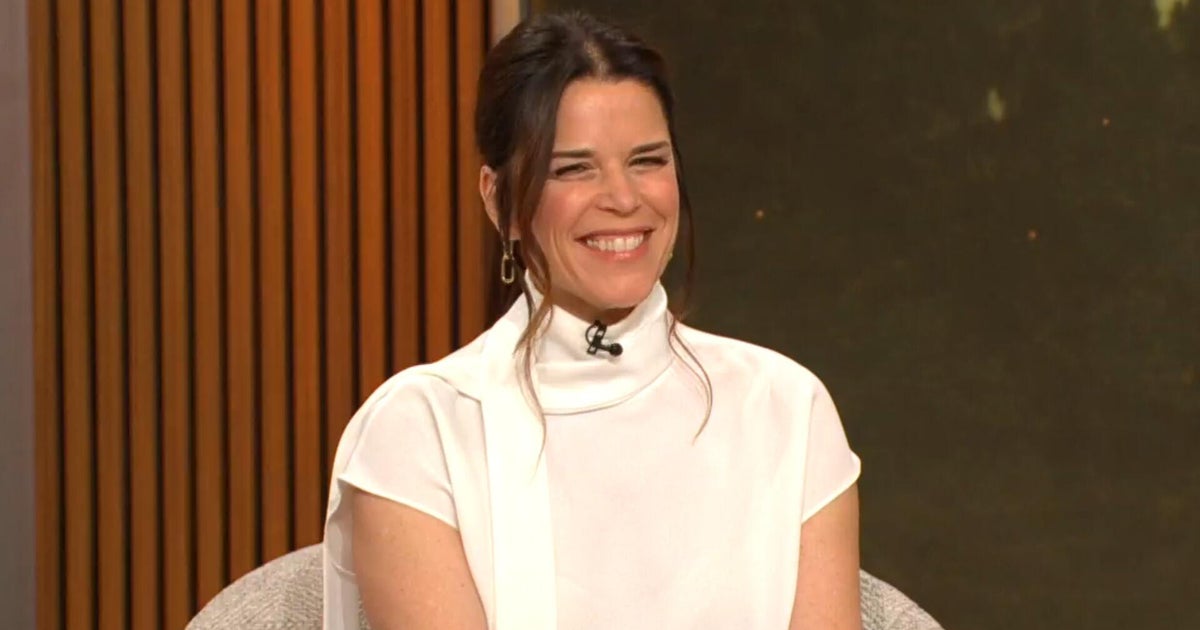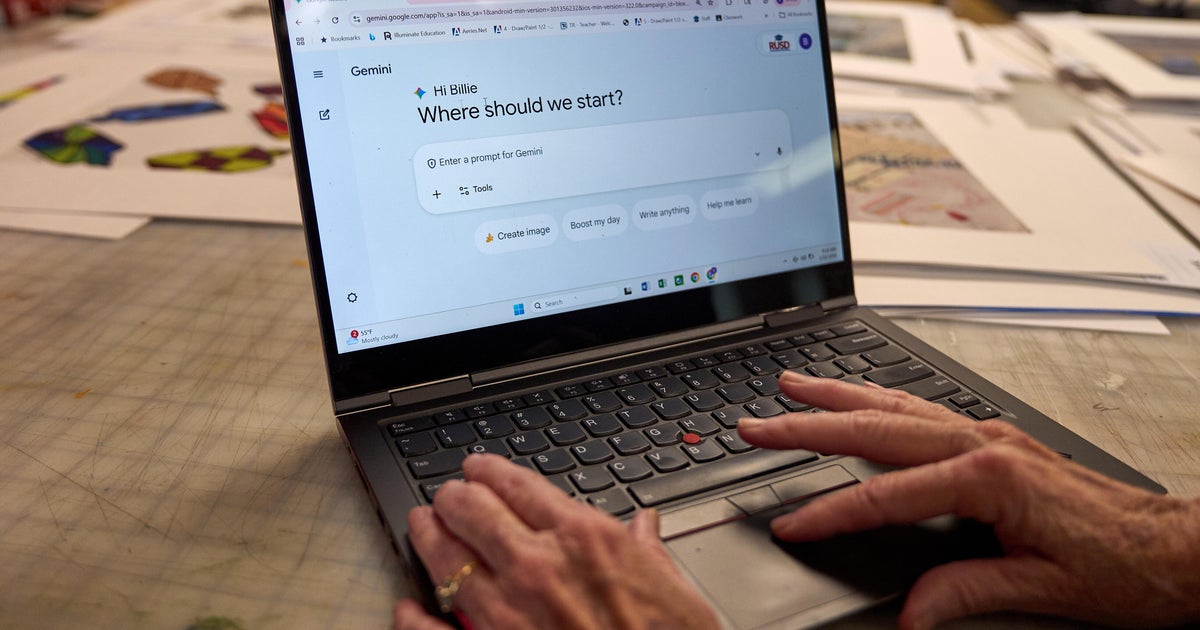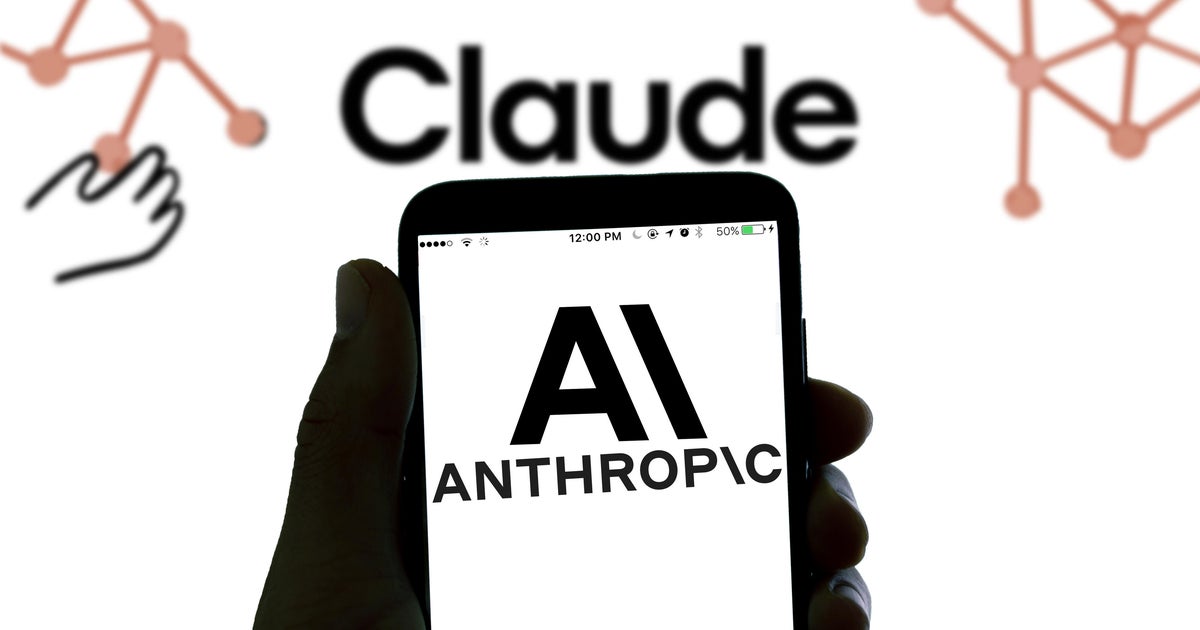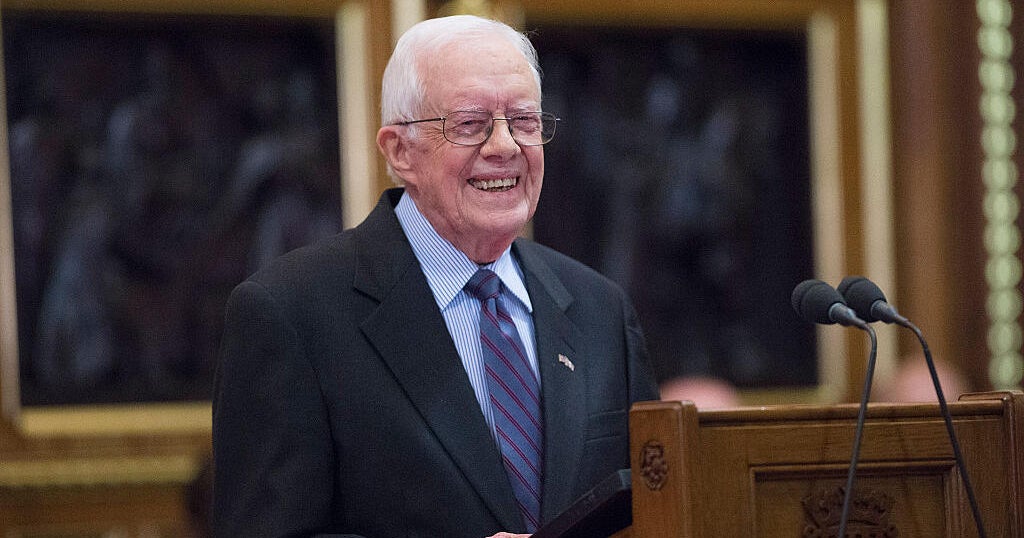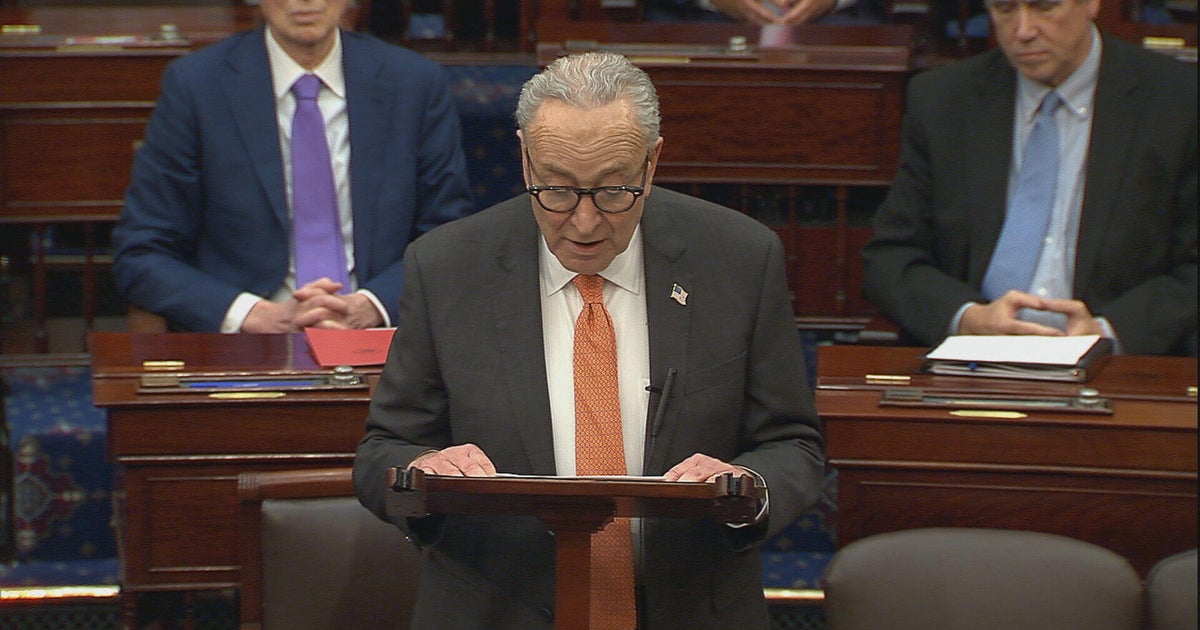Should Brothers and Sisters Observe a Fast on Raksha Bandhan? What Tradition and Rituals Really Say
On Raksha Bandhan 2025, should siblings fast? We explore traditional significance, regional rituals, timing, spiritual meaning, and modern practices.
Raksha Bandhan 2025 falls on August 9, an auspicious full‑moon day in the Hindu month of Shravana. The festival is rich with traditions—most notably, the sister ties a sacred rakhi on her brother’s wrist while he pledges lifelong protection. Central rituals include preparing a thali with diya, tilak, rice, sweets, and performing the ceremony during auspicious time slots like Aparahna or Pradosh. A longstanding question among modern families is whether fasting by sisters is customary—or mandatory. While some regions observe a fast until the rakhi ceremony is complete, this tradition varies widely and is optional. Whether fasting elevates the spiritual value of the festival depends on personal sentiment and regional customs rather than rigid obligation.
Ancient Rituals That Define Raksha Bandhan
Raksha Bandhan, observed on the full moon of Shravana, is a deeply symbolic Hindu festival honoring the bond between brothers and sisters. The sister ties a rakhi thread around her brother’s wrist, symbolizing her wishes for his well‑being and invoking his protection in return. To perform it with full spiritual resonance, families often prepare a thali featuring a diya, roli (vermilion), rice grains, sweets, and the rakhi itself, emphasizing emotional and ritualistic sincerity.
How Timing and Muhurat Enhance the Ritual’s Devotion
Raksha Bandhan 2025 spans August 8 in some countries like the USA due to time zone differences, while celebrated on August 9 in India. This year’s festival coincides with a rare alignment of nakshatras—enhancing its spiritual importance. Ideal timings—Aprahna (late afternoon) and Pradosh (early evening)—are preferred to maximize devotional merit, while avoiding the inauspicious Bhadra period.
Do Sisters Fast on Raksha Bandhan—Is It a Mandate?
Traditionally, some sisters observe a fast until they tie the rakhi, breaking it immediately afterward, making a meaningful personal offering of discipline and love. Yet, this custom is not mandated. Contemporary perspectives affirm that fasting remains a voluntary act—rooted in devotion rather than obligation. Thus, whether to fast or not on Raksha Bandhan is less a religious rule and more a personal choice.
How Regional Variations Enrich the Celebration
Raksha Bandhan in India is diverse and regionally distinct. In Gujarat, customs include Pavitropana—prayer rituals to Lord Shiva. Along the western coast during Narali Purnima, coconuts are offered to the sea, and families enjoy puran poli. In southern India, festivals like Avani Avittam see ritual thread changes among Brahmin communities. In eastern states like Bengal, Rakhi merges with Jhulan Purnima, honoring Radha and Krishna. Some communities extend the rakhi ritual to friends and neighbors, transcending blood relation to reinforce community bonds.
What Do Brothers Do in Return During Raksha Bandhan?
Once the rakhi is tied, sisters offer sweets, a gesture of goodwill and celebration. Brothers reciprocate with gifts—symbolic of their commitment to protect—and often bless their sisters. The ritual underscores mutual respect and familial affection, with emotional warmth as its core.
How Has Raksha Bandhan Adapted to Modern Celebrations?
Although deeply rooted in tradition, modern families are finding new ways to celebrate when separated by distance—via video calls, gifts sent online, and heartfelt messages shared digitally. The essence of mutual appreciation, however, transcends geographic boundaries, preserving the festival’s emotional core.
Disclaimer
This article draws exclusively on reputable cultural and editorial sources to present factual and accurate insights into Raksha Bandhan traditions and customs. It avoids speculation and promotional content. Myhospy.com is not responsible for personal decisions regarding religious observance or cultural practices.
What's Your Reaction?
 Like
0
Like
0
 Dislike
0
Dislike
0
 Love
0
Love
0
 Funny
0
Funny
0
 Angry
0
Angry
0
 Sad
0
Sad
0
 Wow
0
Wow
0









